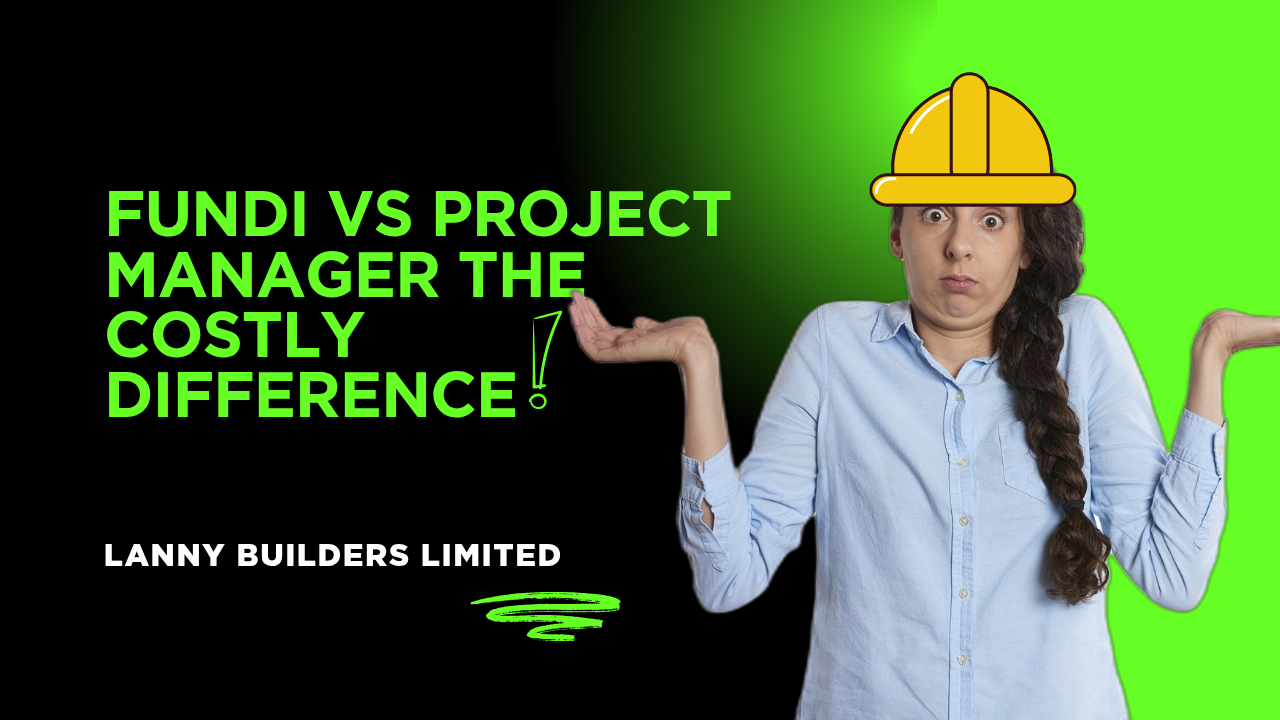In Kenya, we love a good fundi. They build our homes, fix our walls, install our tiles, and patch up our roofs. They’re skilled, hardworking, and resourceful. But here’s the uncomfortable truth: most fundis aren’t project managers—and asking them to be one is setting yourself (and your project) up for costly chaos.
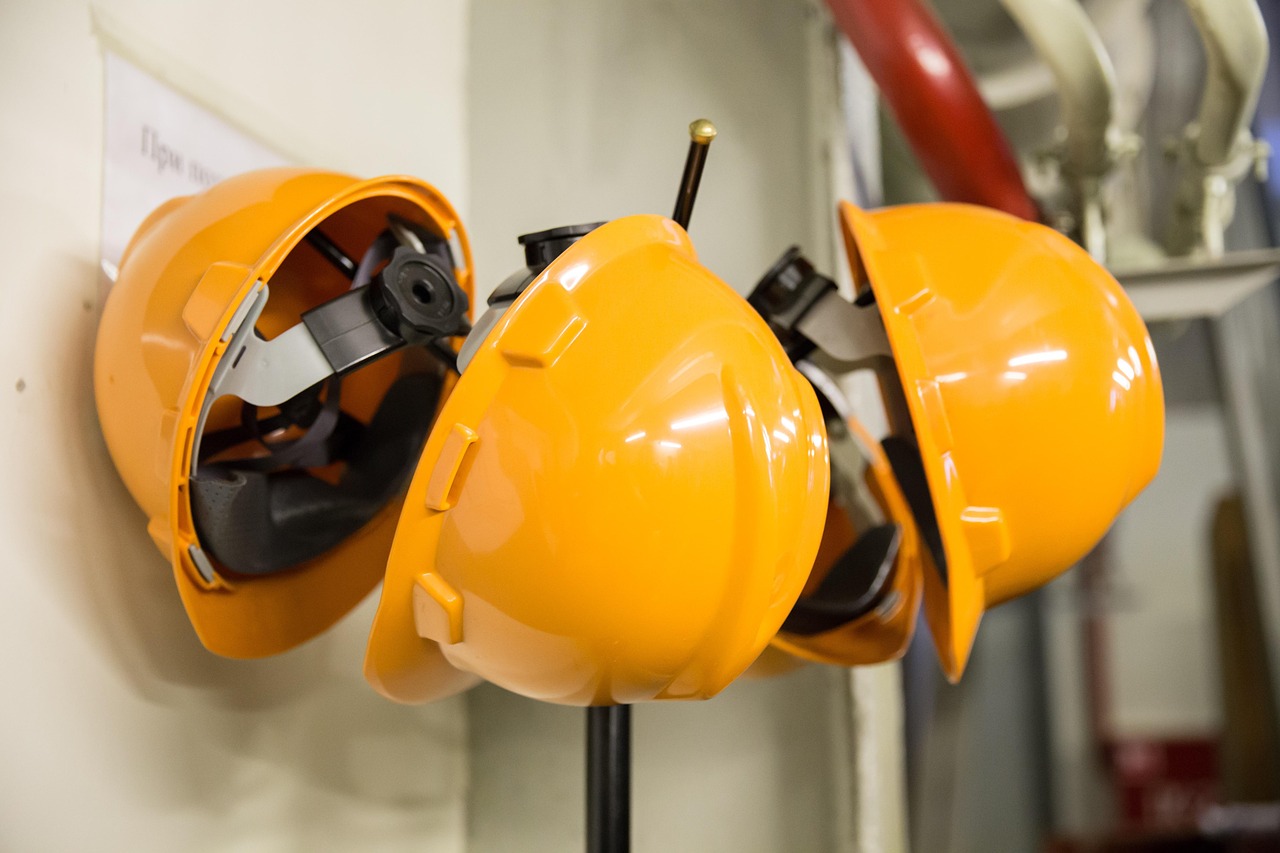
A fundi’s job is to build. A project manager’s job is to orchestrate. These are two entirely different roles. And yet, many homeowners blend them together, thinking they’re saving money by cutting out “extra” professionals. What they end up with, however, is missed deadlines, broken budgets, and constant site confusion.
Expecting your fundi to manage your entire construction project is like asking your boda rider to run your logistics company. Different game.
The Role of a Fundi—And Its Limits
Fundis are technicians. They’re carpenters, masons, plumbers, painters. They know how to lay tiles and fix gutters, but they often don’t have the training (or bandwidth) to:
- Read and interpret architectural plans thoroughly
- Coordinate multiple trades working on-site
- Track daily timelines and budget usage
- Manage deliveries and contractor schedules
- Enforce safety and compliance standards
When left to juggle all these tasks, even the best fundis start making errors. Walls aren’t aligned, tiles get ordered twice, or workers sit idle for hours waiting for missing materials.

What a Project Manager Brings to the Table
A construction project manager is like the director of a film set. They understand the full script—budget, timelines, personnel, materials—and make sure every actor shows up at the right time, in the right costume, saying the right lines.
Their job includes:
- Scheduling every phase of construction
- Liaising with suppliers and approving deliveries
- Tracking costs against budgets in real time
- Coordinating subcontractors and handling disputes
- Ensuring regulatory and architectural compliance
Without someone holding this rope, the project begins to unravel. A fundi may mean well, but they cannot also play architect, accountant, and logistics manager.
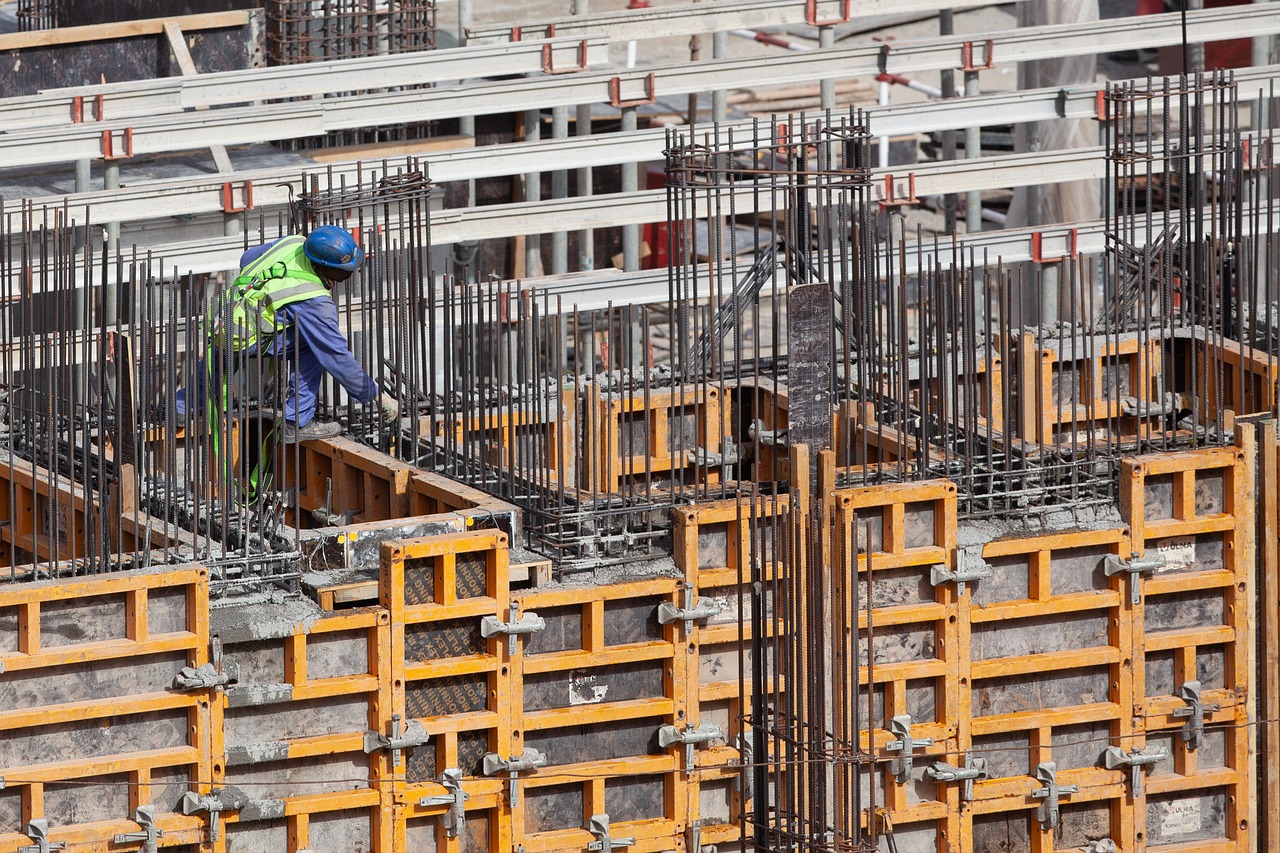
Real-Life Mistakes That Could Have Been Avoided
Ask any Kenyan who’s ever built without a proper project manager and you’ll hear these common regrets:
- “We had to demolish part of the wall because it wasn’t in the right place.”
- “Materials got stolen because no one was tracking them.”
- “The tiles I bought were wrong—we didn’t check measurements.”
- “Every time I visited the site, fundis were arguing or idle.”
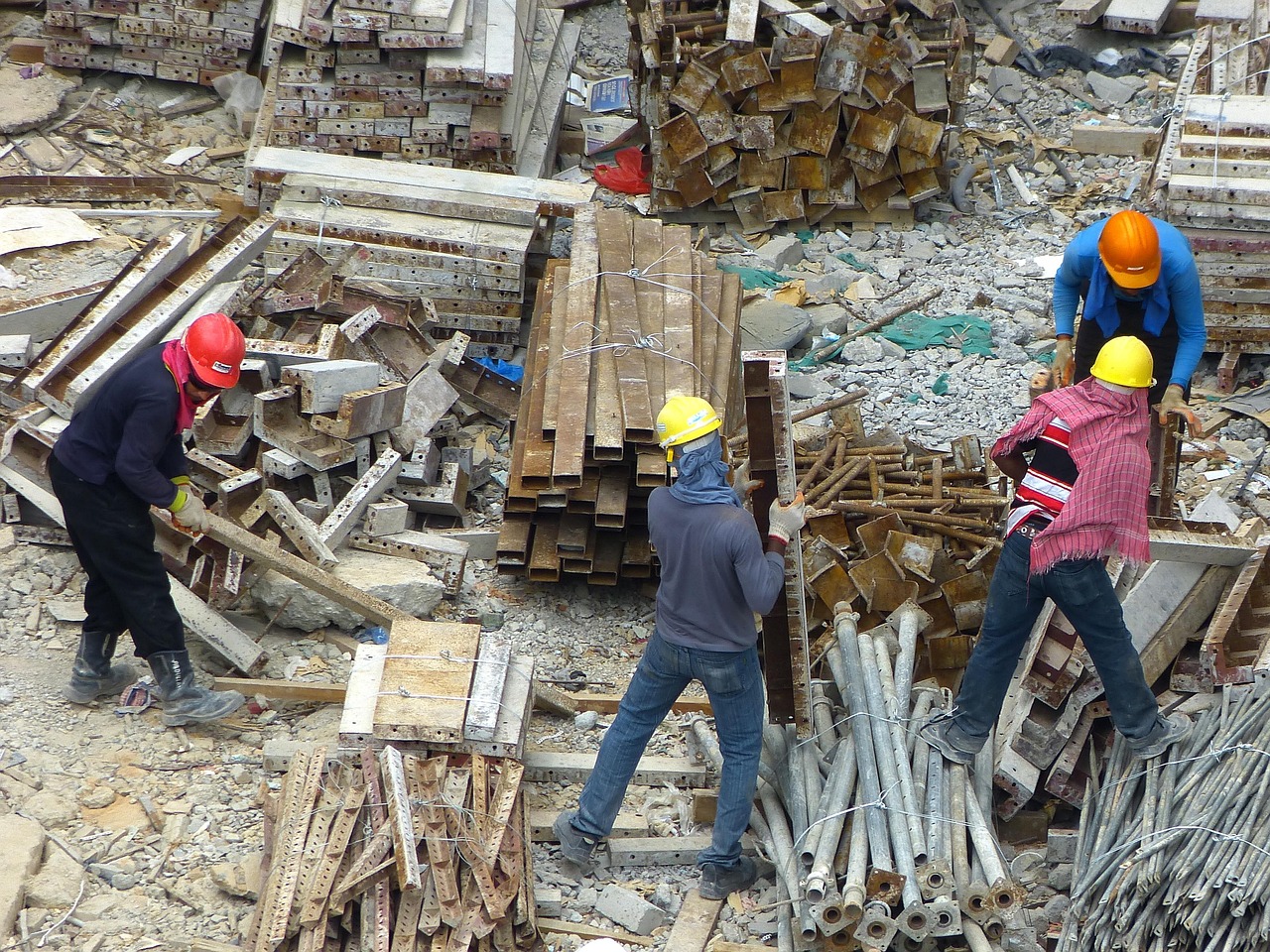
The cost of these mistakes often exceeds what you would have paid a qualified project manager from the start.
Saving money by skipping a project manager often ends up being the most expensive decision of all.
How Lanny Builders Handles This
At Lanny Builders Limited, we separate roles—clearly. Our fundis are specialists in their trades. Our site supervisors handle daily oversight. And our project managers oversee the entire construction lifecycle from blueprint to handover.
That structure gives clients peace of mind. They get:
- A single point of accountability
- Predictable progress reports
- Timely sourcing and delivery of materials
- Fewer errors, reworks, and cost overruns
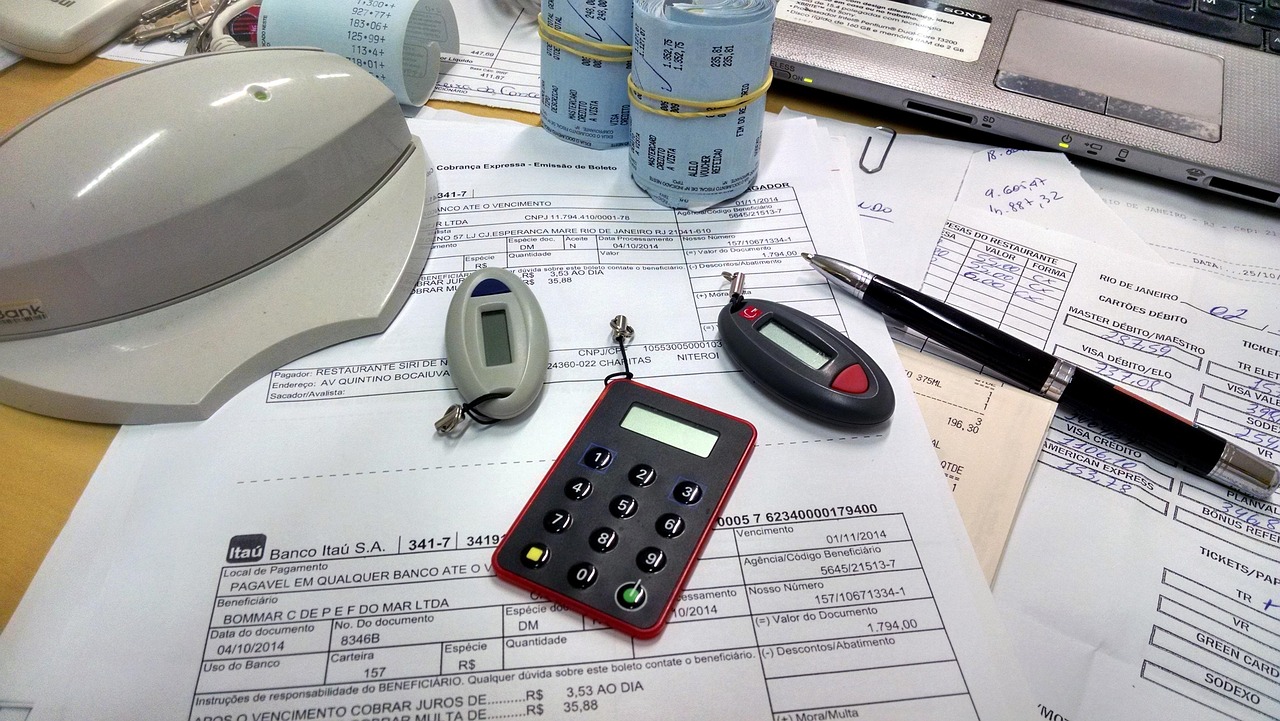
The Trust Trap: Why Many Homeowners Don’t See the Problem
Many Kenyans trust their fundis because they’ve worked with them before. “Alinijengea plot yangu ya ushago vizuri sana.” But building a two-bedroom house in the village is a far cry from managing a full urban construction project.
Trust is good. But trust backed by structure, skill, and supervision? That’s better.

Final Word
If you’re planning to build, understand this: the fundi is your craftsman, not your coordinator. A project manager doesn’t replace the fundi—they empower them to succeed.
Get the roles right, and your project will run smoother, finish faster, and stay within budget. Get them wrong, and you’ll spend your evenings arguing on-site and your weekends at hardware stores trying to fix someone else’s oversight.
Let us handle your construction with the professionalism and clarity it deserves.
